
Leap Second: How Chinese Dam Affects Planet Rotation Speed
Researchers predict that this summer, the planet may once again approach its maximum rotation speed. The causes of this acceleration are not fully understood, and there is still no definitive scientific explanation. Leonid Zotov, Professor at the School of Applied Mathematics, MIEM HSE, notes that if, in the past, the so-called ‘leap second’ was added on New Year’s Eve, then for the first time in history, the question has arisen about whether it is time to subtract one.
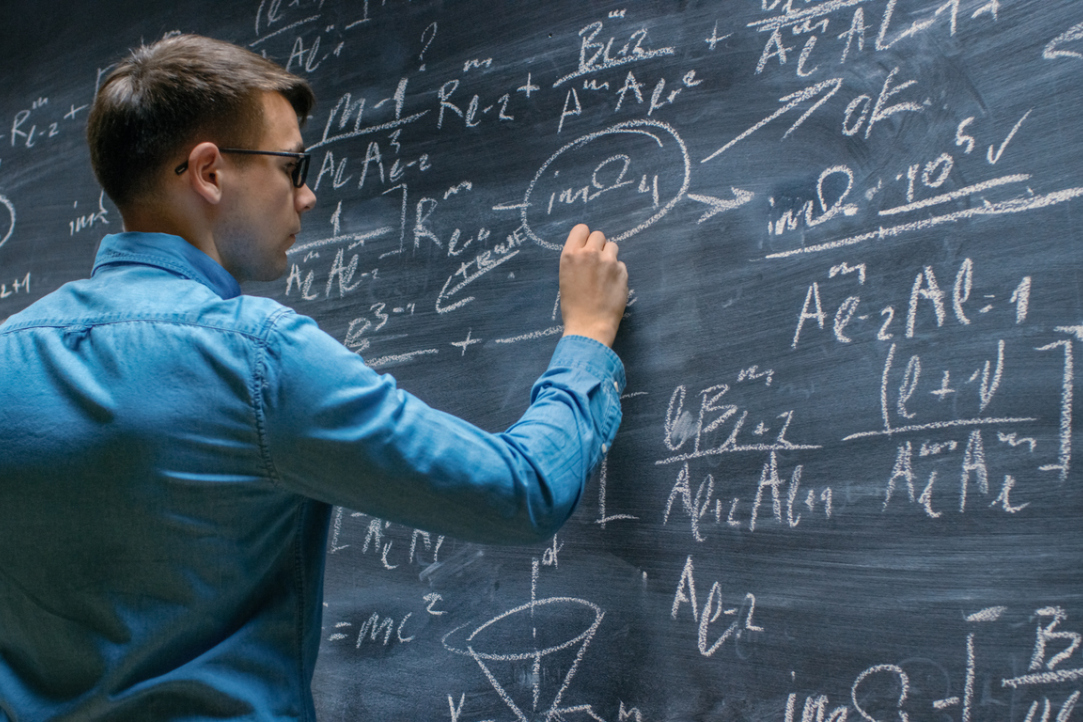
Mathematicians from HSE University–Nizhny Novgorod Solve 57-Year-Old Problem
In 1968, American mathematician Paul Chernoff proposed a theorem that allows for the approximate calculation of operator semigroups, complex but useful mathematical constructions that describe how the states of multiparticle systems change over time. The method is based on a sequence of approximations—steps which make the result increasingly accurate. But until now it was unclear how quickly these steps lead to the result and what exactly influences this speed. This problem has been fully solved for the first time by mathematicians Oleg Galkin and Ivan Remizov from the Nizhny Novgorod campus of HSE University. Their work paves the way for more reliable calculations in various fields of science. The results were published in the Israel Journal of Mathematics (Q1).
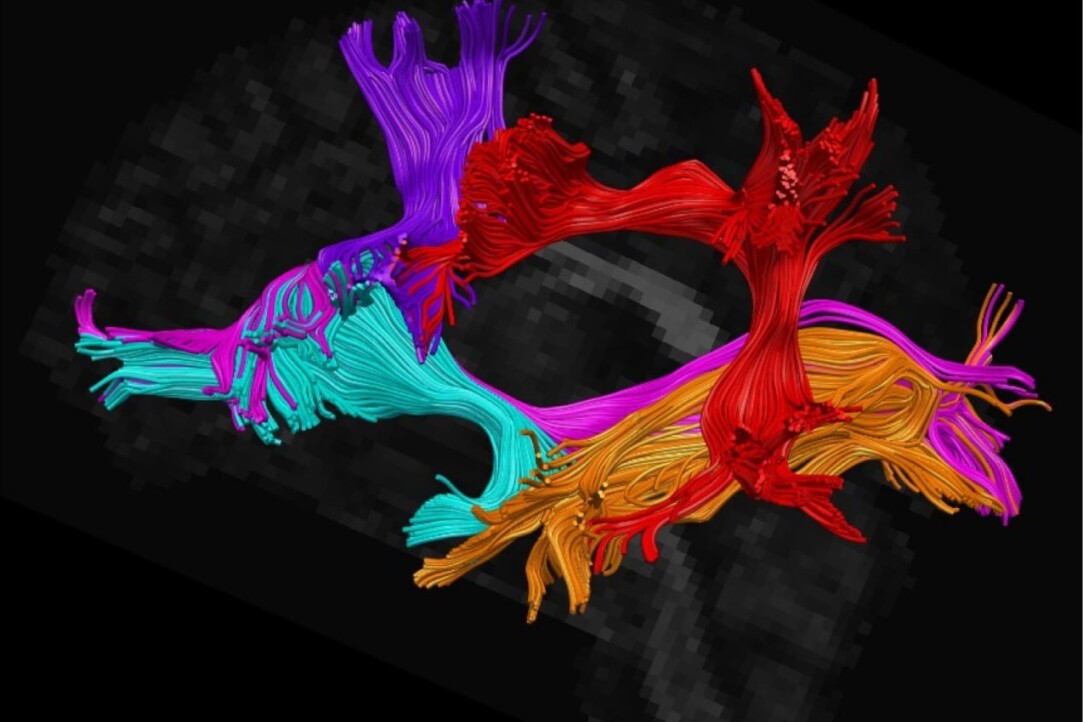
HSE Scientists Explain How to Identify Brain Areas Critical for Language Function During Surgery
The HSE Centre for Language and Brain conducted a course on tractography, a method that enables visualisation of key brain connections and helps surgeons avoid damaging language-critical areas during surgery. The course was attended by neurosurgeons and radiologists from Moscow and other Russian regions who are interested in methods of preoperative language mapping.

Researchers Uncover Specific Aspects of Story Comprehension in Young Children
For the first time, psycholinguists from the HSE Centre for Language and Brain, in collaboration with colleagues from the USA and Germany, recorded eye movements during a test to assess narrative skills in young children and adults. The researchers found that story comprehension depends on plot structure, and that children aged five to six tend to struggle with questions about protagonists' internal states. The study findings have been published in the Journal of Experimental Child Psychology.
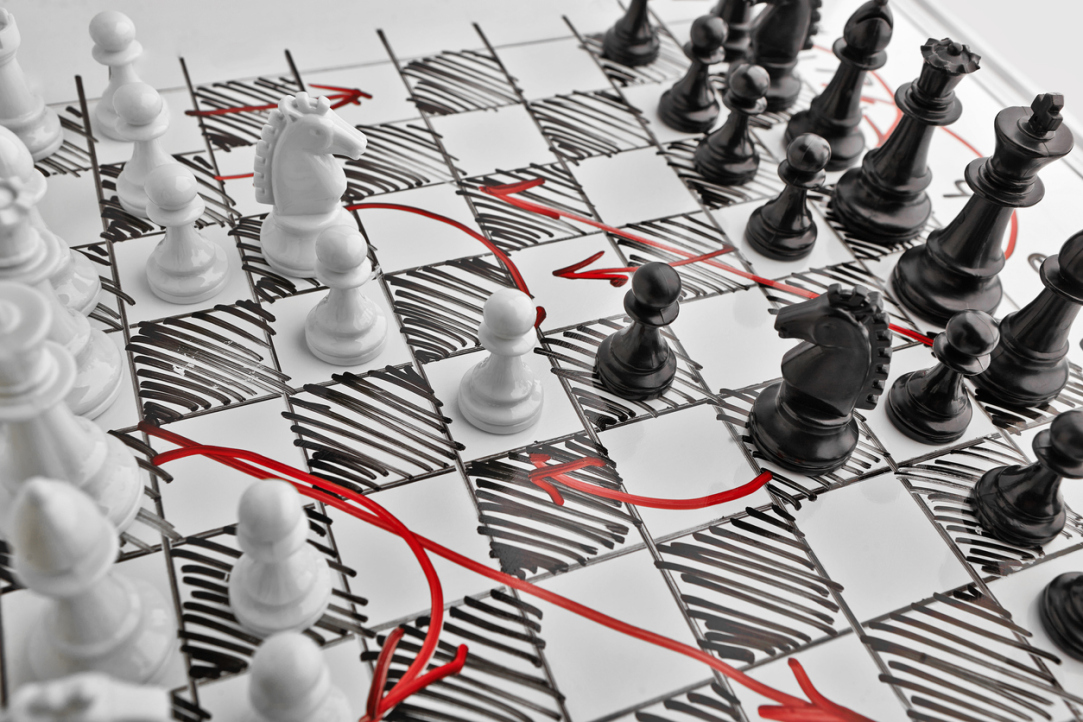
Nobel Laureate Proposes Solution to Markov Equilibrium Problem
In dynamic games, a Markov equilibrium involves strategies that guide players' behaviour based on the current state of the game, rather than its entire history. This approach is effective when players have access to complete information. But when uncertainty arises in the game—for instance, when players are unsure of who they are dealing with—this approach can become problematic. Eric Maskin, Nobel Laureate in Economics and Professor at Harvard University, addressed this issue in a paper presented at the XXV Yasin (April) International Academic Conference on Economic and Social Development held at HSE University from April 15 to 18, 2025.

More Children, More Happiness: HSE Experts Study Impact of Number of Children on Russians' Assessment of Happiness
Russians with children feel happier than those without children. At the same time, the number of children influences the assessment of happiness: the more children Russians have, the happier they feel. These conclusions were outlined inthe report ‘More Children, More Happiness: The Impact of the Number of Children on Russians’ Assessment of Happiness,’ presented at the XXV Yasin (April) International Academic Conference on Economic and Social Development, held on April 15–18 at HSE University. The study was conducted by Elena Churilova, Senior Research Fellow, and Dmitry Jdanov, Chief Research Fellowat HSE International Laboratory for Population and Health.

Russian Physicists Discover Method to Increase Number of Atoms in Quantum Sensors
Physicists from the Institute of Spectroscopy of the Russian Academy of Sciences and HSE University have successfully trapped rubidium-87 atoms for over four seconds. Their method can help improve the accuracy of quantum sensors, where both the number of trapped atoms and the trapping time are crucial. Such quantum systems are used to study dark matter, refine navigation systems, and aid in mineral exploration. The study findings have been published in the Journal of Experimental and Theoretical Physics Letters.
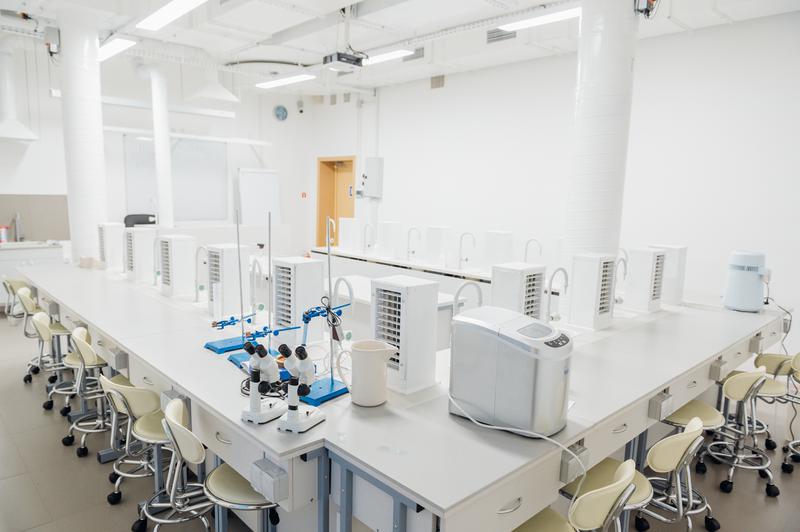
Russian Scientists Improve Water Purification Membranes Using Metal Ions
Researchers have proposed using polymer membranes modified with copper, zinc, and chromium metal ions for water purification. These polymers were used for the first time in water purification via electrodialysis. Copper-based membranes demonstrated record selectivity for monovalent ions, opening new possibilities for sustainable water recycling. The study has been published in the Journal of Membrane Science.
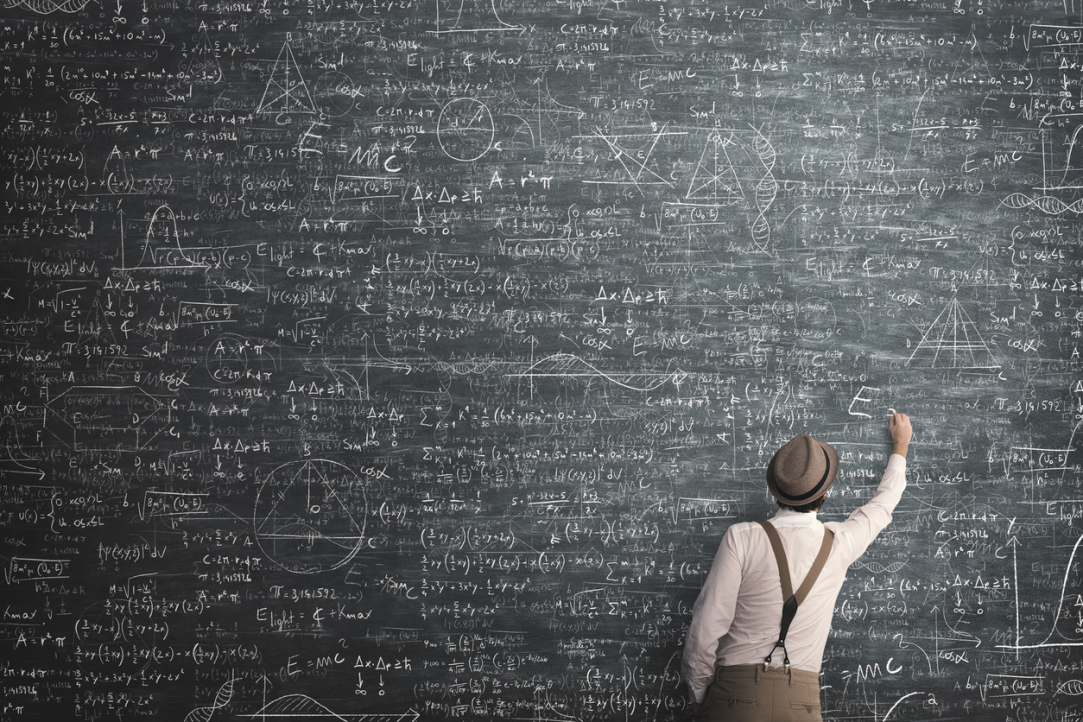
Scientists Disprove Bunkbed Conjecture
Mathematicians from Russia, including two HSE graduates, have disproven a well-known mathematical conjecture that, despite lacking solid proof, had been considered valid for 40 years. The ‘Bunkbed Conjecture’ belongs to percolation theory—a branch of mathematics that studies the formation of connected structures in independent environments.

Sports, Creativity, and TV: Diverse Leisure Positively Impacts Psychological Well-Being
Life satisfaction is higher among those who engage in diverse leisure activities, researchers from HSE University have found. However, the specific types of activities people engage in are less important. The contribution of individual leisure activities to a sense of well-being accounts for no more than 2% of the variance. Only the diversity of leisure activities is significantly linked to overall life satisfaction and a sense of meaningful time usage.
